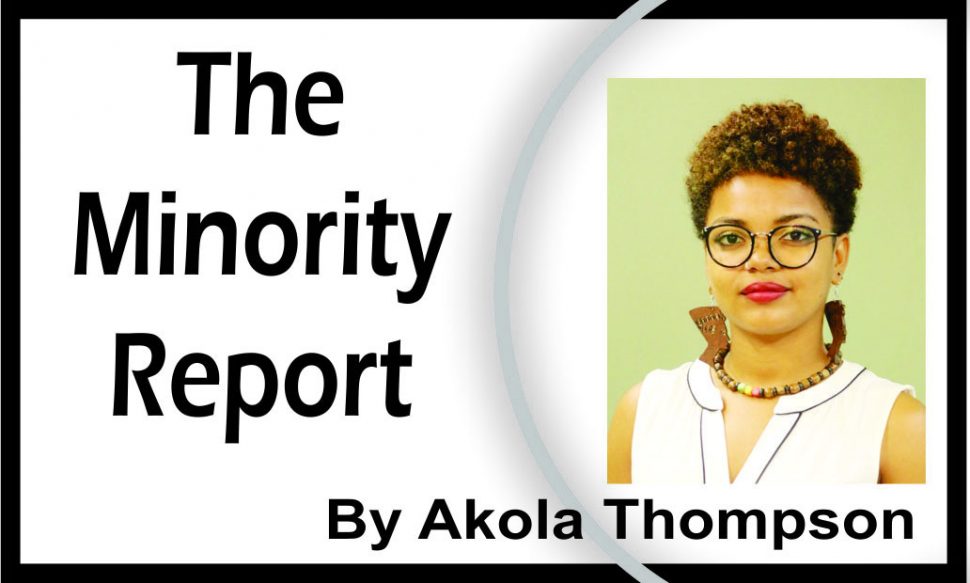In 2005, Guyana raised its age of consent from 13 to 16. It was a big move that was celebrated as being progressive and centring the well-being of the nation’s children. There remains a lot of work to be done around enforcement of the law. There was however, a necessity in raising the age of consent to add some level of protection to those that are the most vulnerable to violence.
Over the years, there have been various calls to have the age of consent raised to 18, a call that I support. These calls are often met with a lot of resistance, with a key argument being that raising the age of consent would take away the freedom of young people who consensually engage in sexual activities.
There are a few things to consider here. Raising the age of consent will not stop young people from having sex, just as how decades of abstinence- only education has not stopped them. What will contribute towards lower rates of early sexual initiation is effective sex education that focuses on providing them with age appropriate information on their bodies, sexualities, safe sex and the risks involved. Young people need support and knowledge from their guardians and educators to equip them with the social, mental and emotional skills they need to develop into healthy and informed adults.
Additionally, there are provisions in the law such as the Romeo clause that decriminalizes consensual sex between children close in age. It is common knowledge that young people experiment and this clause enables them to do so consensually without worrying about the weight of the law. Arguments that raising the age of consent will take freedoms away from young people is not only inaccurate, it is woefully sinister. It seeks to divert attention away from why so many want to keep the age of consent law as it is. Quite simply, they want a law in place that allows them to have sex with children with impunity.
Many predators utilize the age of consent in their favour, oftentimes grooming children until they reach the age of consent before forming a relationship with them. It is cringey the way adults are comfortable with going after those who are underage or “barely legal,” thinking that going after the latter makes them any less predatory than going after the former. Young people, (despite their own beliefs) rarely have the mental and emotional maturity to recognize predatory adults for what they are and convince themselves that they are the ones in the driver’s seat. This is not surprising as the idea that a child is mature for their age and capable of making their own decisions of being with a significantly older person is one that predators sell strongly to those they target.
Given the age of consent standing at 16, children who have attained that age become even more vulnerable to sexual predators who are utilizing the gaps in the law to sexually exploit and abuse them. There are a lot of lapses when it comes to protecting young children, particularly young girls from male sexual predators. We all know of the stories or have intimate experiences of 12 year olds being statutory raped by 18+ but calling it relationships, or 15 year olds being impregnated and married off to those who are 20+.
Currently, several of our laws and conventions are in contradiction with each other and continue to put children under 18 at significant risk. Amongst these is Guyana’s 1998 Marriage Act, which states that someone who is 16 or 17 can get married if they have their parents/guardians consent. Young girls below the age of 16 can also become married if it is that they are pregnant. What this does is leave a lot of room for abuse of children by adults who prey on their naivety, inexperience and economic deprivation. It is quite worrying that there remain provisions for those who commit statutory rape to marry their victims if they become pregnant, as this only continues the cycle of abuse.
There are clear power imbalances between these adult-child predatory-prey interactions and more effort needs to be put into curbing them. One of the reasons predators seek out younger persons is because of their need for power and control. Children who do not yet know who they are, what they want and what healthy partners look and act like, are even more susceptible to being exploited and abused by those who have years of experience over them.
Common responses in-keeping with our victim blaming culture is that young girls know what they are doing and that they should be held responsible. Imagine that. Imagine freeing an adult of all wrongdoing and placing the culpability on the shoulders of a child. It is quite perplexing.
Raising the age of consent will not bring about the rapid changes that are needed, particularly if enforcement remains as dire as it currently is. It will however, provide a bit more legal protection to children who are exploited and abused by sexual predators. One of the main things that need to be worked on is society’s preoccupation with victim blaming and the prioritization of patriarchal reputations over justice.

